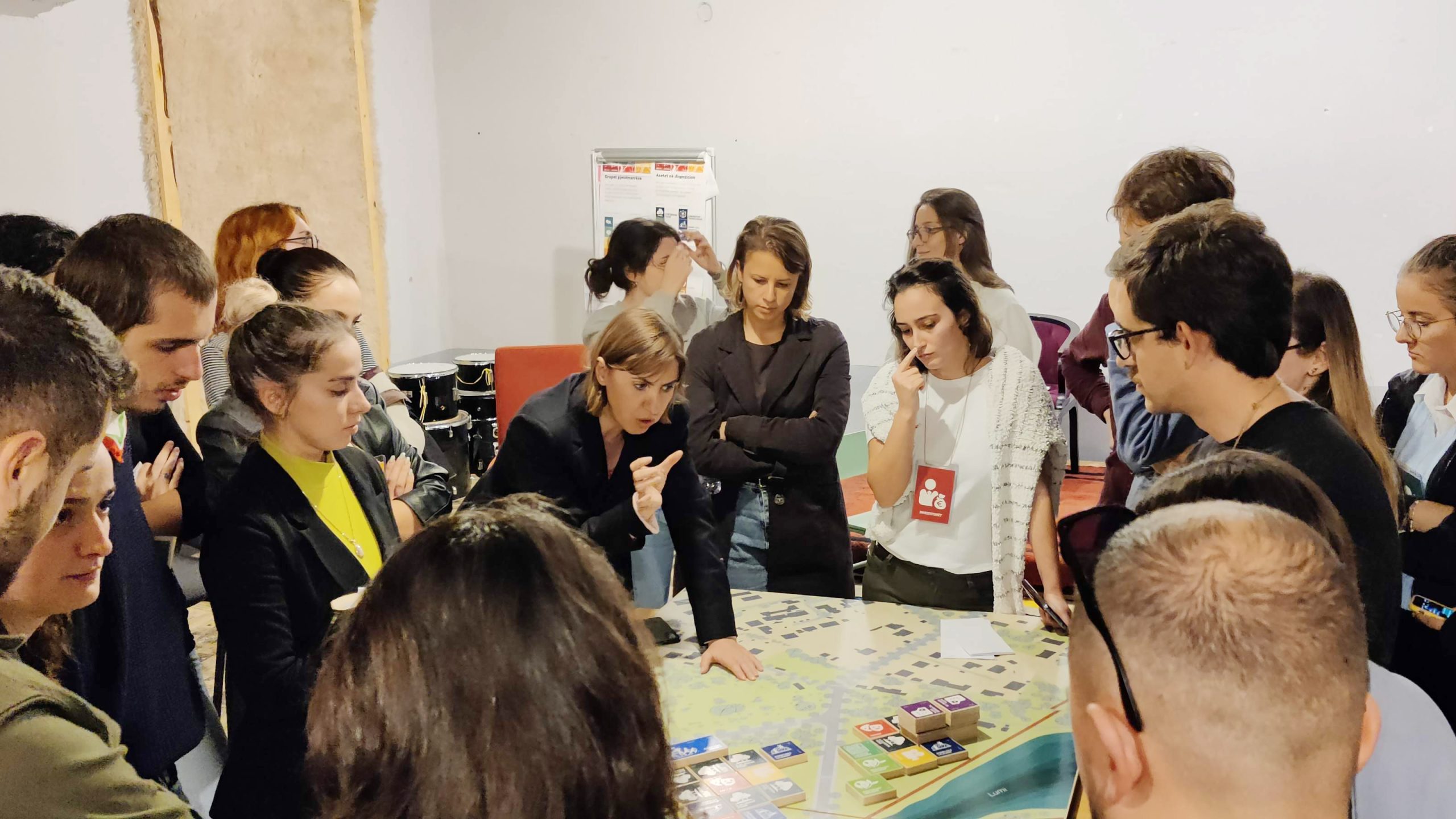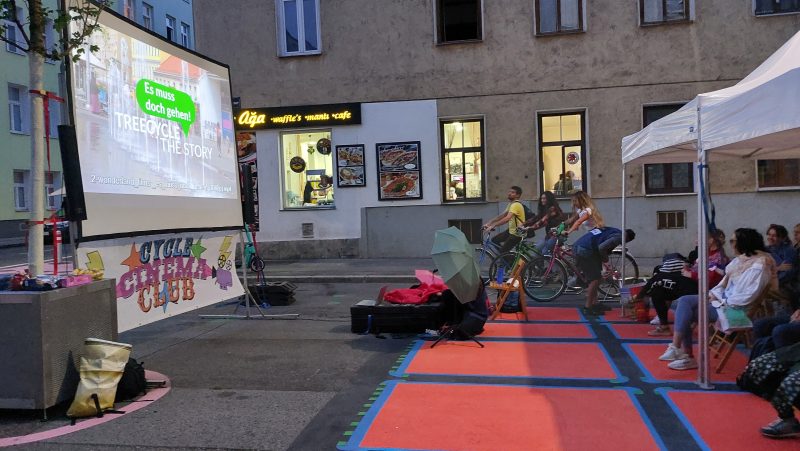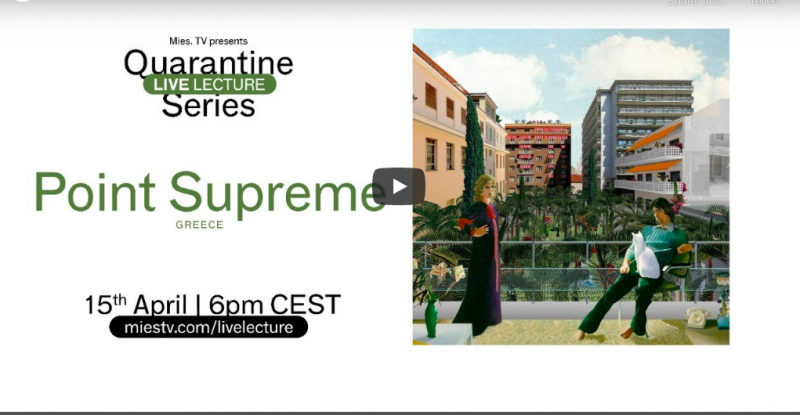Posted on: 6th May 2019
LIVING!
Blind Date already started last year to research, discuss and communicate the fundamental rights in our society – especially among architects and in the created spaces. How can the right to housing be guaranteed? This discussion is relevant for all European countries, but in those where this right is endangered it is of particularly urgency.
Kultúrgorilla (HU) is organizing several symposia on this topic in Budapest in autumn 2019. In September, selected experts from Austria will work on and discuss the topic with Hungarian practicioners and interested groups. With the participation of Austrian architects and designers a symposium and a blind date will take place. The book ‘Manual for emerging architects’ will also be presented, to re-discuss the possibilities of specialisation.
Living in Hungarian context
In Hungary dozens of families are evicted every week. A conservative estimation of the 2018 Habitat for Humanity report shows that 2-3 million people live in housing poverty in the country of 10 million inhabitants. That is more than every 5th person of the population.
With the growing population density in cities, the housing crisis has become the biggest challenge for cities in Europe. In most cases, the poorest people are those who suffer most from rising housing and energy prices, and social inequalities are widening. The traditional answers to the problem are being put to the test by new factors such as the overall climate change in Europe or the refugee crisis. These not only intensify the symptoms, but also widen the affected social circle: the too densely populated, unhealthy, unaffordable living spaces without electricity and heating are not the problem of the other – it is a problem of everything.
In recent years, Austria has been able to show a number of reactions that could alleviate the deepening and symptoms of the housing crisis and housing shortage. Vienna is such a special city. Here considerably more people live in rented apartments than in a condominium. In keeping with the traditions of social housing, there are several co-housing projects in the city, and many are currently under development. The presentation of the Viennese model can be a good alternative for Hungarian experts in housing policy, architects and sociologists.
The Living! conference
The conference is dedicated to the topic “collaborative housing”. How can environmental awareness, subsidised housing with the aim of creating affordable housing be linked together? What are the long-term effects of common spaces on the cohabitation of residents? How can such challenges be met in a new way? Can architecture and design create affordable and sustainable living spaces?
The aim of the programme is to establish an interdisciplinary and bi-national dialogue between space creators, designers and the experts on housing poverty.
Jane Jacobs considered intact urban communities as a guarantee of security. A well-functioning community offers effective protection not only against the spread of crime, but also provides important patterns of action for the disadvantaged in society, e.g. those struggling with existential difficulties and problems of social integration. The community spaces are places for relationships, orientation, information and even for the exchange of resources. The innovative housing models are based on this principle.
The living spaces are not dictated by the property market, but are developed from the needs of the residential communities. People benefit from the positive, social integration and psychological well-being effects of community living. The increasing impact of the ecological crisis also requires the reduction of personal living space: Parallel to this, the organizers and architectural experiences of the related community and communal spaces are becoming even more important.
Exchanges follows research
For 15 years, the collaboration of European architects has been exhibiting and discussing contemporary architectural achievements. All of the contents developed and researched are made available to an international audience through publications, workshops, lectures and exhibitions. Interdisciplinary and public events involve the public in the architectural discourse. It is important to us to find a language that appeals to a diverse audience. We consciously avoid the mainstream approach and support emerging architects and bottom-up initiatives.
The “manual for emerging architects” and the associated events have the goal of supporting small architectural offices and independent architects on their way to independence. With tips, international comparisons, data facts, best practice examples, the prospective professionals are prepared for the practice. The research project “Reconciling architectural profession and family life. Strategies, models and experiences” highlights the risks and opportunities to which women architects in particular are exposed. After publication we are constantly looking for opportunities to share our of our findings in a deeper collaboration and dialogue. We are offering workshops, blind date-exchanges, lectures and presentations to our cooperation partners throughout Europe. We will continue our efforts to reach out to a variety of architectural professionals: all age groups, all genders, all ethnic groups.
Blind date: “same chances for everyone”
Blind Date is researching, discussing and communicating the fundamental rights in our society – especially among architects and in the spaces created. How can prejudices and disadvantages within the professional group be reduced? How can the needs of minorities in Europe be taken into account? How can fundamental rights be guaranteed to all Europeans? The 2019 edition was focusing on the fundemental right of housing. New Blind Date episodes will explore and discuss topics of the manual with regard to diversity.





